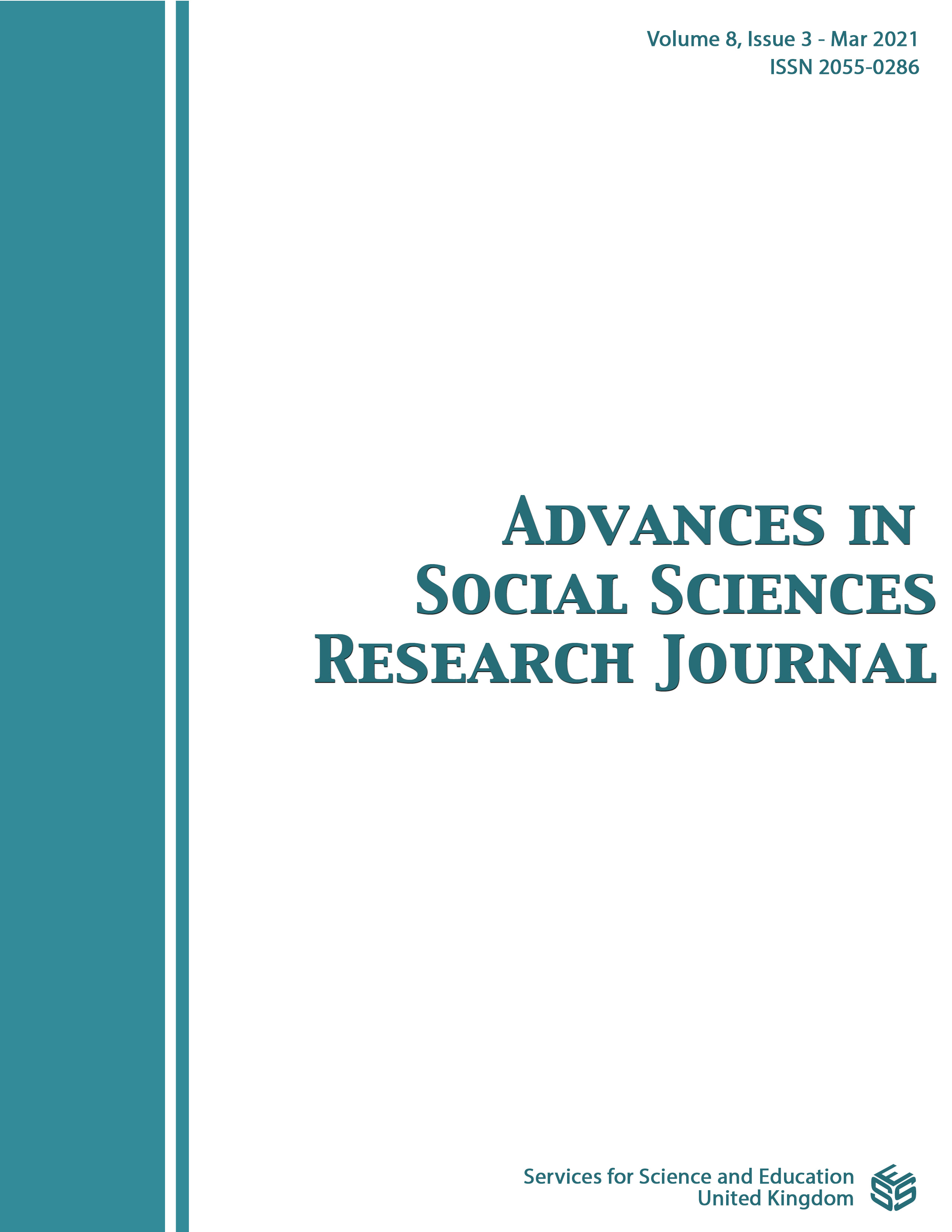Microfinance Institution (MFIs) and Survival of Micro and Small Enterprises (MSEs): Empirical Evidence of TraderMoni Scheme Beneficiaries in South-Western Nigeria.
DOI:
https://doi.org/10.14738/assrj.83.9723Keywords:
Micro-financing, Financial Institutions, Micro and Small Enterprises, TraderMoni, Central Bank of Nigeria.Abstract
Deregulation in Microfinance Institution (MFIs) in accordance with regulatory policy architecture since 2005 has not fully stimulated sustainability towards the informal system due to the inability of MFIs to access funds and government to judiciously administer credits to beneficiaries of various schemes; this has led to the partial collapse of some schemes in Nigeria; despite Government good intentions of creating employment and alleviating poverty. In view of this, this study assessed Microfinance Institution (MFIs) and Survival of Micro and Small Enterprises (MSEs): Empirical evidence of tradermoni scheme beneficiaries in South-Western Nigeria. The study adopted Tedeschi model (2006) that examined incentives available for borrowers to repay loans. Furthermore, reference was made to Markov Chain model to investigate the response of individual borrower as an applicant and beneficiary of tradermoni scheme in the context of this study. Eighteen MFIs were sampled from 2009 – 2020. Panel data was adopted for the study. The result showed mixed influences of MFIs on survival of MSEs. We are hopeful that findings of this paper would help to fill the existing gap on the influence of MFIs on the survival of MSEs.
Downloads
Published
How to Cite
Issue
Section
License
Authors wishing to include figures, tables, or text passages that have already been published elsewhere are required to obtain permission from the copyright owner(s) for both the print and online format and to include evidence that such permission has been granted when submitting their papers. Any material received without such evidence will be assumed to originate from the authors.






